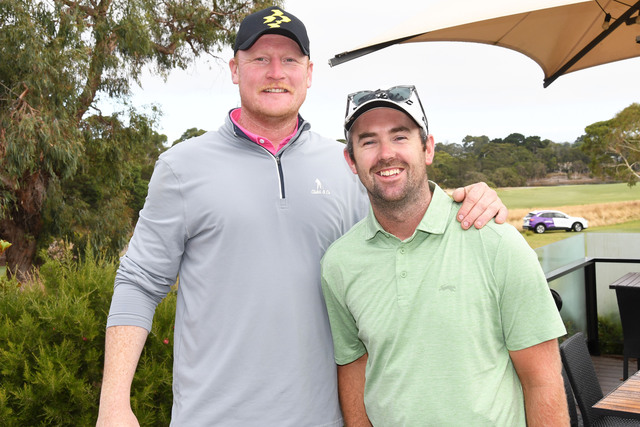Victoria Police Chief Commissioner Shane Patton has ordered a review into a police investigation that dismissed allegations of a corrupt forced shutdown of I Cook Foods.
Mr Patton launched the review on Friday 23 April after being urged to “personally intervene” in a letter-of-complaint from ICF director Ian Cook.
Mr Cook claimed the criminal investigation into Greater Dandenong Council and the Department of Health had been “derailed by political interference”.
The review will be conducted by a police detective superintendent and overseen by an assistant commissioner.
The matter has been referred to the police’s Professional Standards Command.
“We take any claim of this nature extremely seriously and are looking further into the matter,” a Victoria Police spokesperson said.
ICF is pursuing a $50 million civil lawsuit against the council and the Department of Health over the shutdown in February 2019.
The 30-year-old commercial catering business alleges it was improperly closed as part of a health department investigation into a hospital patient’s death.
As a result the business was destroyed and 41 employees lost their jobs.
The saga has been popularly branded as ‘slug gate’ – since ICF alleged that a Greater Dandenong food inspector planted a live slug on the factory floor prior to the closure.
Victoria Police had investigated the allegations against council and health department officials of misconduct, perjury and perverting the course of justice.
On 7 April, it announced the case was closed, with no criminal charges laid.
However, a police briefing note has revealed that the initial police investigator stated it was evident to him “a level of corruption, misuse of office and a malicious prosecution” were involved in the case.
In June 2020, Detective Sergeant Ash Penry, of Greater Dandenong CIU, stated that he’d formed the view that the “prosecution of I Cook Foods was malicious” and its shutdown was “unlawful”.
A statement by former employee and whistleblower Kim Rogerson depicted a “workplace intent on destroying I Cook Foods”, he wrpte.
Figures in the council had allegedly spoken about the opportunity to “nail the b******s”. Environmental health officers were allegedly offered promotions to bring in “the big fines”, Det Sgt Penry wrote.
Swabs taken by an environmental health officer around the time of the hospital patient’s death had shown no issue with ICF’s own facilities, but some food samples returned traces of lysteria in externally sourced smallgoods. Those traces were apparently within accepted limits, the report noted.
But the laboratory results that cleared ICF were withheld for some time, until ICF’s contracts were “null and void”, Det Sgt Penry wrote.
Det Sgt Penry recommended that police investigations continue but that Greater Dandenong CIU didn’t have the resources and expertise.
The police unit was also conflicted because “Greater Dandenong Council is a key stakeholder”, he stated.
A month after his report, the case was handed to Casey CIU. Nine months later, the case was closed.
ICF had submitted to police a 14-volume brief of evidence with 61 hours of CCTV footage prepared by two retired police detectives, working pro bono.
The detectives expressed shock that council staff weren’t even questioned by police, despite a “clear prima facie case”.
The allegations have been constantly denied by Greater Dandenong Council.
A Greater Dandenong spokesperson said the council “remains extremely confident an investigation will clear it of any wrongdoing”.
Opposition health spokesperson Georgie Crozier called for a “full and proper investigation of all concerned in this matter”.
In August, a Parliamentary inquiry found the ICF closure was “valid” and in accordance with the Food Act, but “not fair”.
It did not rule on whether the alleged food safety issues were “adequate to warrant the closure”.
In 2019, Greater Dandenong Council laid 96 food-safety charges against ICF – all of which were dropped just before a hearing at Dandenong Magistrates’ Court in late 2019.
The council stated it aimed to avoid a legal bill of up to $1.2 million.

















